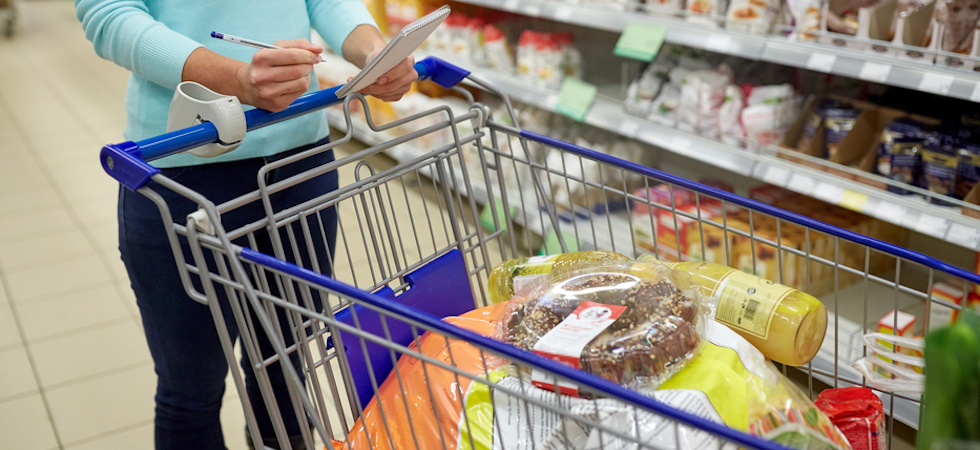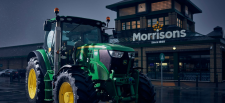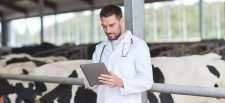A project, which aims to improve efficiency in supply chains and reduce food waste, is seeking leading UK retailers to participate in tests and trials to help improve food traceability.
According to global food-sharing technology organisation, OLIO, almost 1.3 billion tonnes of food – which could feed the population of Italy for a lifetime – is spoiled in transit or thrown away by consumers around the world each year.
The same report suggested that over one-third of all food produced globally goes to waste, while 25% of the world’s fresh water supply is used to grow food that is not eaten.
The SecQuAL (Secure Quality Assured Logistics for Digital Food Ecosystem) project, led by supply chain assurance specialists LRQA, looks to bring together a consortium of 11 organisations, with the aim of developing smart tags and labels. In doing so, the project hopes to place technology at the fore in “the farm-to-fork ecosystem” to help create a meat traceability system.
The project will use pork as the example product to provide insight and assurance to enable better decision making. It will do this by addressing inefficient paper practices, allowing remote regulatory oversight of processes.
The SecQuAL project began in 2021, after being awarded funding by the Made Smarter Innovation Challenge at UK Research and Innovation. Expected to complete by March 2023, the consortium of 11 organisations is made up of LRQA, IBM, PragmatIC Semiconductor Ltd, RSK ADAS, Advanced Material Development, BlakBear, CPI, Consus Fresh Solutions, Cranswick PLC, CCL design and the Food Standards Agency.
A recent report by the charity Waste and Resources Action Programme (WRAP) has indicated that consumers are open to changing their habits to reduce food waste. In a series of surveys undertaken during the Covid-19 pandemic, the report found that 79% of respondents undertook new food management behaviours, such as using leftovers and planning meals ahead of shopping.
According to Stuart Kelly, sales director business assurance, LRQA, changing consumer attitudes towards food provenance gives the perfect impetus for retailers to sign up to participate in the SecQuAL project.
He said: “The global food waste crisis is only increasing, and we believe that current practices can be simplified to ensure the entire food ecosystem works together to improve future performance. We are now looking for leading retailers to join the project as we look to test the digital technologies.”









